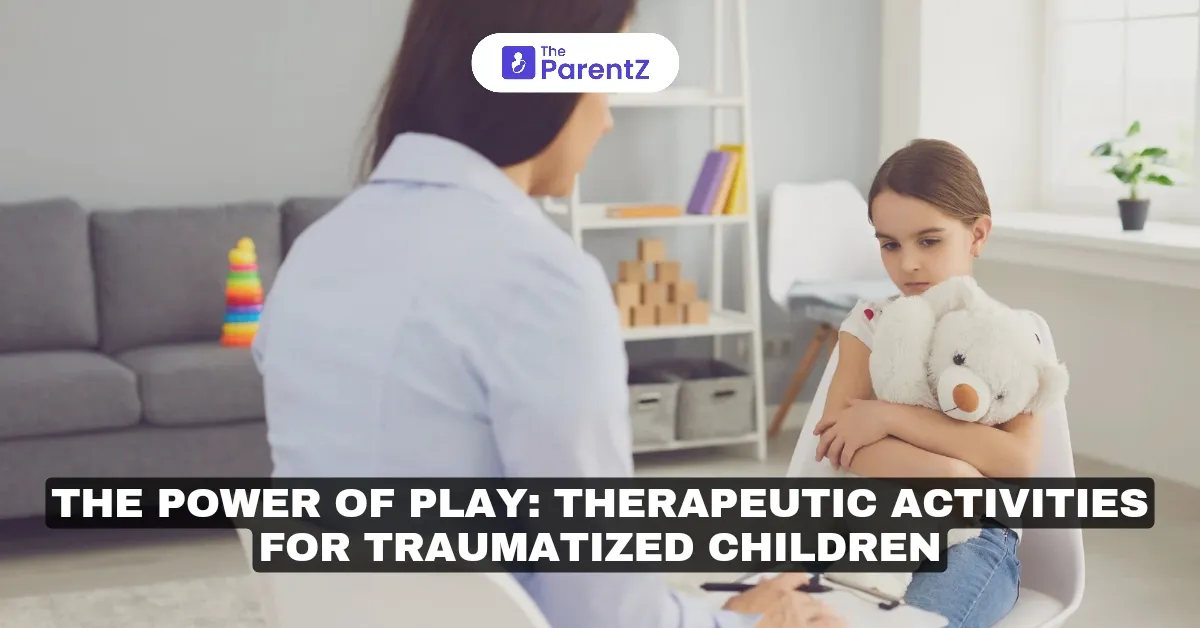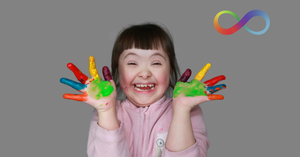Trauma in children can stem from various experiences, including abuse, loss, accidents, or exposure to violence. Unlike adults, children often struggle to articulate their emotions verbally, making traditional therapy less effective. Enter play therapy, a proven approach that uses play as a medium for expression, healing, and recovery. Play isn’t just recreational; it’s a vital tool for emotional processing and building resilience. activities.
Why Play Therapy?
Play therapy leverages the natural language of children play to help them process complex emotions and experiences. Research has shown that play can:
1. Facilitate emotional expression without the need for words.
2. Build trust and connection with caregivers or therapists.
3. Reduce anxiety and increase a child’s sense of control.
4. Enhance problem-solving and coping skills.
According to the Association for Play Therapy (APT), this approach is effective in addressing trauma, anxiety, depression, and behavioral challenges in children.
How Trauma Affects Children
Trauma can manifest in children in diverse ways, including:
• Withdrawal from social interactions.
• Aggressive or regressive behavior.
• Nightmares or difficulty sleeping.
• Difficulty focusing in school.
• Physical complaints like headaches or stomachaches.
Traumatized children often feel unsafe and struggle to trust others. Play therapy helps create a safe space for them to explore and process their emotions.
Therapeutic Play Activities for Traumatized Children
1. Art-Based Play
Art allows children to express their inner world when words fall short.
• Activities: Drawing, painting, or creating collages.
• Benefits: Helps children externalize emotions, offering insights into their feelings and experiences.
• Example: Ask the child to draw a “safe place” or depict a memory they want to talk about.
2. Sand Tray Therapy
In this activity, children use miniature figures to create scenes in a sand tray.
• How It Works: The scenes often represent their inner thoughts or experiences.
• Benefits: Encourages storytelling and fosters emotional exploration.
• Example: Provide figurines like animals, people, or trees and let the child create a “world” in the sand tray.
3. Role-Playing with Dolls or Puppets
Role-playing helps children act out scenarios they may find difficult to verbalize.
• Activities: Using dolls or puppets to reenact situations or conversations.
• Benefits: Helps children process events and practice coping strategies.
• Example: A child might use a puppet to “talk” to a caregiver or therapist about their feelings.
4. Storytelling and Bibliotherapy
Reading or creating stories helps children relate to characters and situations.
• Activities: Reading books about overcoming fears or challenges.
• Benefits: Encourages emotional connection and resilience.
• Example: Books like The Invisible String by Patrice Karst, which addresses loss and connection, can be a starting point.
5. Sensory Play
Sensory activities help children calm their nervous systems.
• Activities: Playing with playdough, kinetic sand, or slime.
• Benefits: Reduces stress and promotes mindfulness.
• Example: Ask the child to sculpt an object that represents their emotions.
6. Movement-Based Play
Physical activities help release pent-up energy and emotions.
• Activities: Dance, yoga, or obstacle courses.
• Benefits: Enhances mood and reduces anxiety.
• Example: Create a “feelings dance” where each movement represents an emotion.
7. Therapeutic Board Games
Games designed to encourage communication and problem-solving.
• Activities: Games like The Talking, Feeling, & Doing Game.
• Benefits: Builds trust and helps children discuss their emotions in a non-threatening way.
• Example: Use question cards to encourage sharing thoughts and feelings.
Evidence-Based Benefits of Play Therapy
1. Emotional Regulation: Studies in the Journal of Child Psychology and Psychiatry highlight how play therapy improves emotional regulation in children with trauma.
2. Increased Trust: Research from the National Institute of Mental Health (NIMH) shows that play therapy fosters secure relationships with caregivers and therapists.
3. Cognitive Development: Engaging in structured play activities enhances problem-solving and critical thinking skills.
Creating a Safe Environment for Play
• Be Nonjudgmental: Let children express themselves freely without correcting or questioning their choices during play.
• Encourage but Don’t Force: Allow children to engage at their own pace.
• Use Age-Appropriate Tools: Ensure that toys, games, or materials are suitable for the child’s age and developmental stage.
Role of Parents and Caregivers
Parents play a critical role in supporting their child’s recovery through play:
1. Participate in Play: Join activities to strengthen the parent-child bond.
2. Validate Feelings: Acknowledge emotions expressed during play without dismissing them.
3. Encourage Open Communication: Create an environment where the child feels safe sharing thoughts.
Conclusion
Play is more than a pastime, it’s a lifeline for children navigating the complexities of trauma. By incorporating therapeutic play activities, caregivers and therapists can help traumatized children regain emotional balance, build resilience, and move toward healing.








Be the first one to comment on this story.